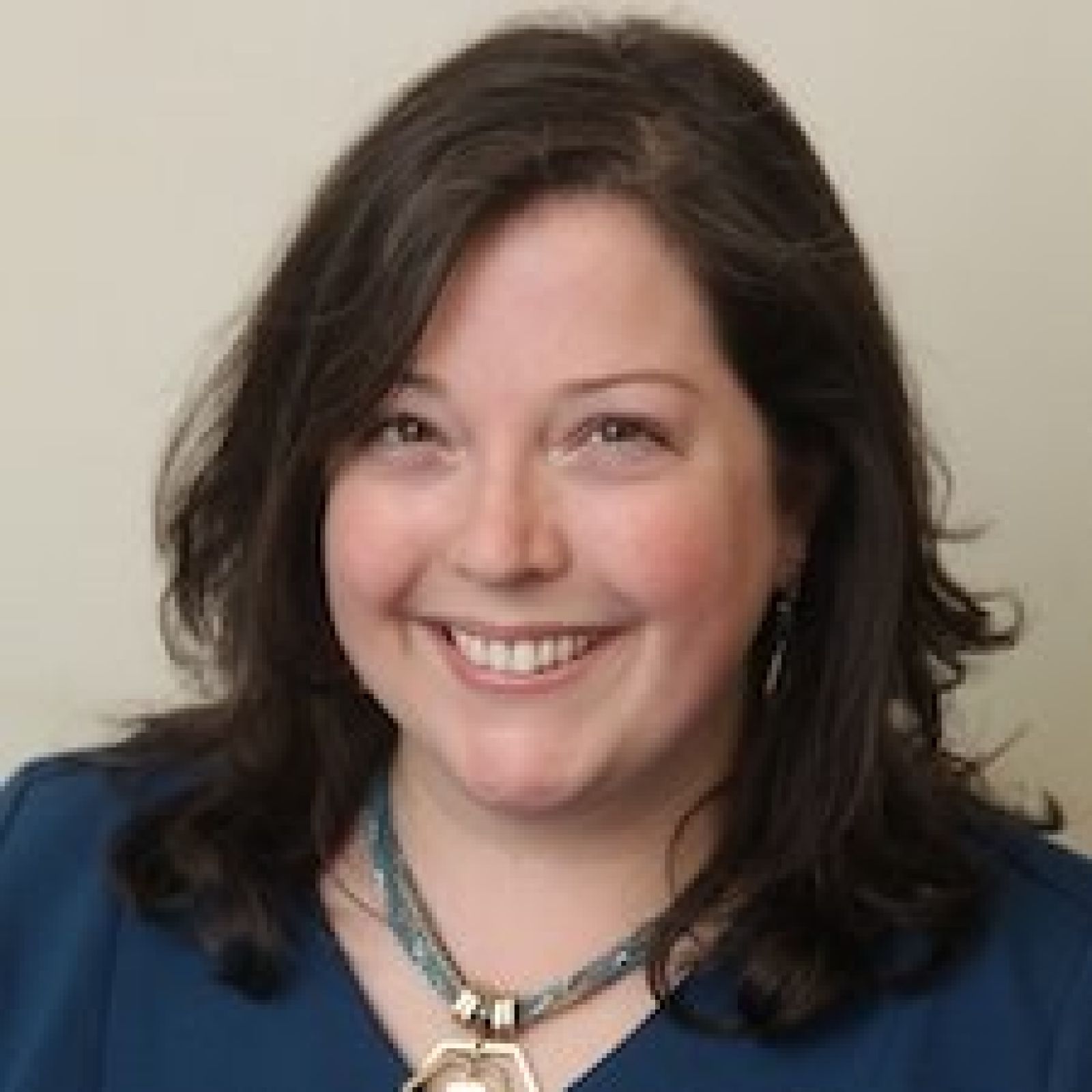Medical interpretation is key to safety for hundreds of thousands across Massachusetts
Health care provider organizations are caring for growing numbers of people for whom English is not their primary language. Cambridge Health Alliance and Boston Medical Center each provide language service for approximately 350,000 health encounters per year. At Beth Israel Deaconess Medical Center in Boston and UMass Memorial Medical Center in Worcester, that number is 200,000 annually.
To respond to the need, numerous Massachusetts organizations have built their medical interpretation offerings over several decades, while others are just beginning to develop a systemic approach.
KEY TAKEAWAYS
The need
A large and growing number of people with limited English proficiency use qualified medial interpreters to ensure effective health care communication.
The background
A potential change to federal rules would roll back notification requirements but not access to interpretation and translation services, established as a civil right in 1964.
Photos courtesy Found in Translation
KEY TAKEAWAYS
The answer
Medical interpretation is a skilled vocation for which training and resources are available from agencies, non-profits and companies across Massachusetts.
The future
As the need for language assistance continues to grow, health organizations will continue to develop programs that support the needs of patients, families, clinicians and interpreters.
Photos courtesy Found in Translation
Proposed changes to federal rules on language services
Since the Civil Rights Act of 1964, patients have been protected from discrimination by regulations that ensure the right to interpretation and translation services. Those provisions were consolidated and expanded in Section 1557 of the Affordable Care Act. In May 2019, the Department of Health and Human Services proposed significant revisions and limitations on those provisions. The proposed rule also changes protections for discrimination based on sex and gender identity.
Under the proposed rule, providers would still be required to offer qualified interpretive services free of charge to patients but notifying patients that services are available would be optional. In addition, fewer people would have the right of access. The new rule would allow organizations to limit their interpretive services to the average need of their patients — not in response to the need of individuals — and fewer federal programs would be regulated. For example, the new rule would not apply to the Indian Health Services and the Centers for Disease Control.
When posted for public comment from June to August, the proposal received 155,000 comments, including a letter signed by Attorney General Maura Healey as well as attorneys general from 21 other states arguing against the rule change (For more information about proposed changes to Section 1557, click here.)
Alexander R. Green, M.D., M.P.H., Associate Professor of Medicine at Harvard Medical School and Co-founder of Quality Interactions, a cultural competency training company, points out that current immigration patterns mean the need for interpretation is no longer confined to the largest urban health systems. “We’re seeing a lot more immigration in the vicinity of areas like Framingham, Lynn and Fall River.” He adds that in communities with established immigrant populations, many hospitals have good programs, but it is the community health centers that generally are ahead of the curve when it comes to interpretation.

Green and others have expressed concern about a proposal from the U.S. Department of Health and Human Services to roll back an Obama-era rule that requires health care providers to make patients who have limited proficiency in English aware that interpretation services are available.
Green says, “Patients with language barriers often hesitate to speak up about their need for an interpreter. Rolling back the mandate to inform them of this right would be a very bad thing and could lead to even more miscommunication and medical errors for an already vulnerable population.”
While it is unclear when or if the proposal will take effect, it comes at a time when organizations and policymakers in the state are working to reduce disparities in health care access, quality and safety that are tied to factors such as patients’ ethnicity, race, neighborhood, income, or English-speaking skills.
The effectiveness of services for patients with limited English proficiency varies across clinicians and organizations, and not all patients who need help get it. Patient interpretation programs are often underfunded or are challenging to fit into existing clinical workflows. A small office may rely on generic internet translators, such as Google translate. A busy clinician may be tempted to make do with her own limited Spanish, Mandarin or Portuguese or to ask a family member of the patient to interpret. All three options can be inadequate and risky.
Massachusetts has resources to bridge some of the gaps
Medical interpretation is a skilled vocation that requires cultural awareness and knowledge of medical terminology, ethics and professionalism, as well as good interpersonal skills. A number of efforts are underway and resources available to health care providers who need help finding appropriate language services and ensuring their staff have the skills and knowledge required to be integral members of the health care team.
- Massachusetts Medical Interpreter Training is a statewide training program offered by UMass Medical School’s MassAHEC (Massachusetts Area Health Education Center) Network. The 60-hour Fundamentals of Medical Interpreting class is offered on varying schedules at locations across the state, with in-person and online components. Massachusetts Medical Interpreter Training prepares learners to meet standards of practice developed by the National Council on Interpreting in Health Care and discounted tuition is available to MassHealth providers and community-based organizations.
- Found in Translation, an innovative training program based in Dorchester, has a dual mission: to reduce language-based disparities in health care while giving low-income, bilingual women an opportunity for employment and economic security. Since 2011, 256 women have graduated from Found in Translation’s 100-hour training program and many now work in health centers, hospitals, interpretation service companies, and other organizations.
- The International Medical Interpreters Association, which is based in Massachusetts, offers information on access to trained interpreters and translators.
- Video and telephone services are also available, many of them around the clock. Worcester-based Language Bank, for example, offers interpretation for the deaf and hard of hearing, as well as language assistance in more than 50 languages. Language Bank is a member of the Ascentria Care Alliance, which provides an array of human services and helps resettle refugees, some of whom are employed as interpreters.

In response to feedback from clinicians, Cambridge Health Alliance (CHA) has transitioned from remote, telephone-based service provided by commercial vendors to in-house call centers staffed by interpreters trained and employed by CHA. Vonessa Costa, CHA’s Director of Multicultural Affairs and Patient Services, explains, “The move away from vendors had more to do with context than qualifications. Our staff members can do so much more than interpret; they can also help patients navigate the system and make the most of their care experience in our organization.” In-house interpreters, for example, may have access to the coverage options for prescriptions and be able to advise the provider on the least costly option for a particular patient.
CHA introduced its in-house call center in 2008, when roughly 50% of its interpretation was supplied by vendors over the telephone. Video was added as an option in 2012, and now more than 90% of CHA’s interpretation encounters happen remotely. For the major languages of the organization, when a CHA provider asks for language assistance, they connect to a member of the in-house language staff about 65% of the time, and 35% of the time, to a vendor-supplied interpreter.
Interpreters can play multiple roles
Patients with limited English proficiency are known to be at greater risk for adverse events and preventable harm. By facilitating communication, interpreters improve safety, and can also serve more directly to watch for potential problems, catch errors in real time, and help patients navigate health care systems. Green observes, “Interpreters are very bright, well trained in what they do, and they are typically capable of doing more than just the interpreter role.”
Green first became interested in expanding the roles of interpreters through a project at MGH’s Chelsea HealthCare Center in 2005. In addition to offering language assistance, interpreters were trained to work one-on-one with patients who were overdue for colorectal cancer screening. Acting as patient navigators, the interpreters addressed barriers, increased understanding and helped with logistical problems. The result was a significant increase in screening rates that was sustained over time and at lower cost than other interventions. Green is currently working with the Family Health Center of Worcester, which offers interpretation in more than 55 languages, to assess the impact of a program where nearly all interpreters were trained also to act as navigators for patients.

Maria Vertkin, founder and executive director of Found in Translation, is familiar with the program at MGH Chelsea, which she says is successful because the program is run “ … very thoughtfully and intentionally. Interpreters there know they must communicate clearly about when they are taking off the interpreter hat and putting on another.” Absent such a program, Vertkin advises caution when asking interpreters to assume other responsibilities, which requires special training and care to ensure that interpreters can fulfill each of their roles effectively.
The Agency for Healthcare Research and Quality (AHRQ) has recognized that interpreters can also play an important role in catching, correcting and reporting medical errors and adverse events. In a guide to improving patient safety systems for care of patients with limited English proficiency, AHRQ includes interpreters among the frontline staff who should be empowered to report patient safety events.
Vertkin, who recalls having to interpret for her father as a young child, sees continued opportunity and innovation ahead. With concern for the non-verbal cues that may be lost in video and telephone interpretation, Vertkin looks to technology for a future where, perhaps, three-dimensional interpreters will be projected into office visits to help fill the need for access.
There is even an organization for coordinators of language access programs in Massachusetts: The Forum on the Coordination of Interpreter Services. Costa, an active member, says the group offers an excellent opportunity to collaborate. “The details of our organizations and the communities we serve vary, but the basic challenges of bringing language access to all points of care are similar,” she adds. “We’re fortunate to have a good supportive structure in Massachusetts.”

